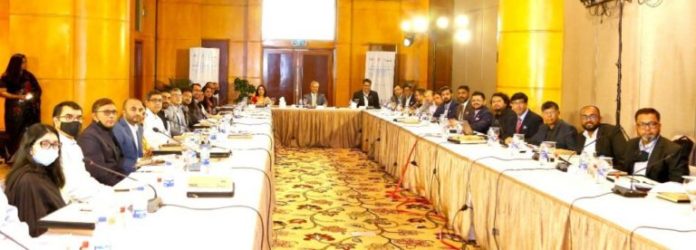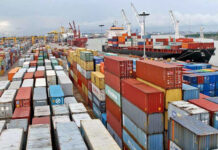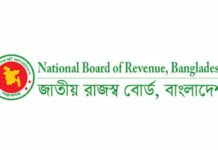
Bangladesh Garment Manufacturers and Exporters Association (BGMEA) President Faruque Hassan has pledged to continue efforts to reduce pollution in the garments industry of Bangladesh and ensure environmentally-friendly industrialisation and efficient use of resources.
He said, ‘Bangladesh’s garments sector has made exceptional progress in the field of environmentally sustainable development. Bangladesh is home to the world’s largest number of environmentally friendly green factories, and it has continued its efforts for environmentally sustainable development of the garments industry.’
He was speaking as the chief guest at a roundtable meeting titled ‘Industrial Rainwater Harvesting: A Sustainable Approach to Water Management’ jointly organised by BGMEA and WaterAid at the Westin Hotel in Dhaka on Tuesday (15 February).
The purpose of the meeting was to manage the use of rainwater and harvest it to ensure sustainable water management in the business sector, especially in industry.
The meeting discussed potential opportunities, challenges, and solutions to address sustainable supply chains and environmental impacts. In addition, there was an exchange of views on how garments factories are harvesting rainwater.
Hasin Jahan, Country Director of WaterAid was present on the occasion as a guest of honour. WaterAid Director, Policy and Advocacy Partha Hefaz Shaikh presided and delivered the welcome address. Among the guests was Abrar Hossain Sayem, President of Bangladesh Apparel Youth Leaders Association-BAYLA.
At the roundtable meeting, BGMEA President Faruque Hassan said, ‘We have 157 green factories certified by USGBC, of which 47 are platinum rated and 96 are gold rated. Of the top 100 green factories in the world, 40 are located in Bangladesh. 500 other factories are awaiting certification.’
‘These green factories have eco-friendly properties that reduce carbon emissions by about 40% and use 40-50% less water than conventional buildings,’ he said.
Hasin Jahan, Country Director of WaterAid, said, ‘We all need to take rainwater harvesting seriously to address the water crisis we are going to face in the coming days due to declining groundwater. Spacious open roofs can be a sustainable solution and a good source of water for the growing demand for water in businesses, especially in industries. With the integrated efforts of all sectors, rainwater harvesting can meet the demand for water in the industries and ensure efficient use of water resources.’



